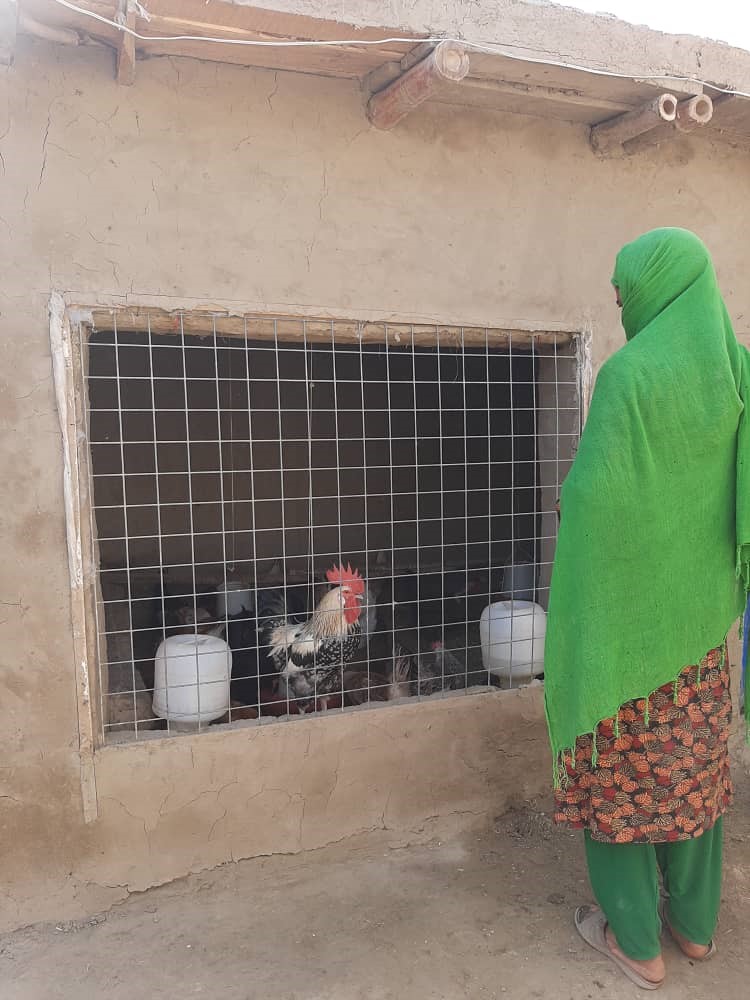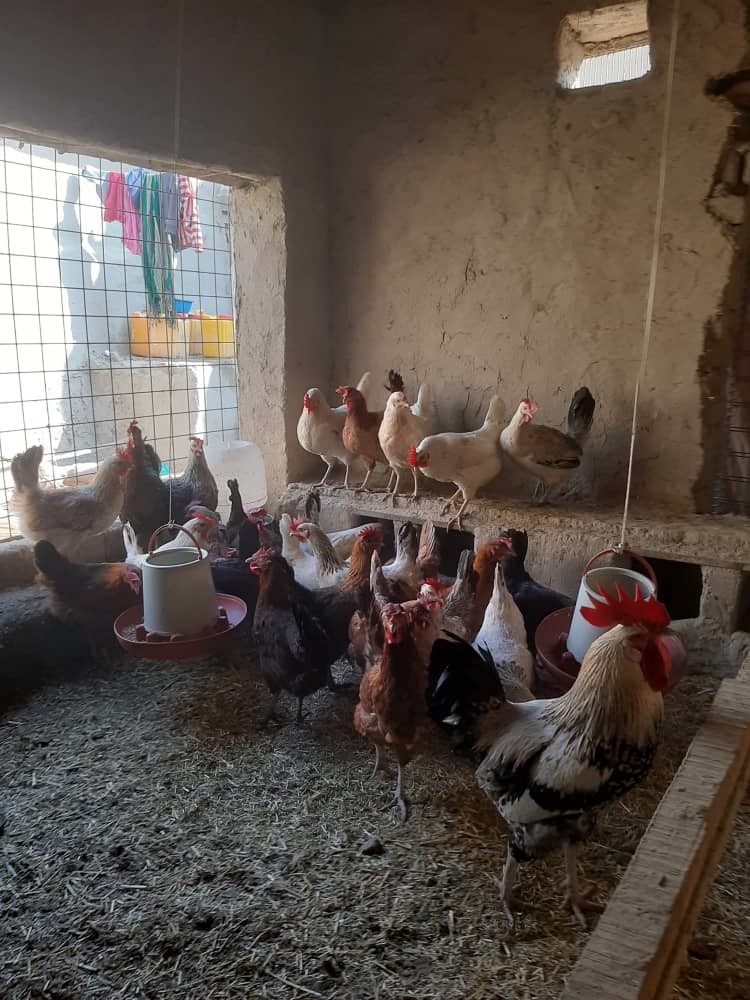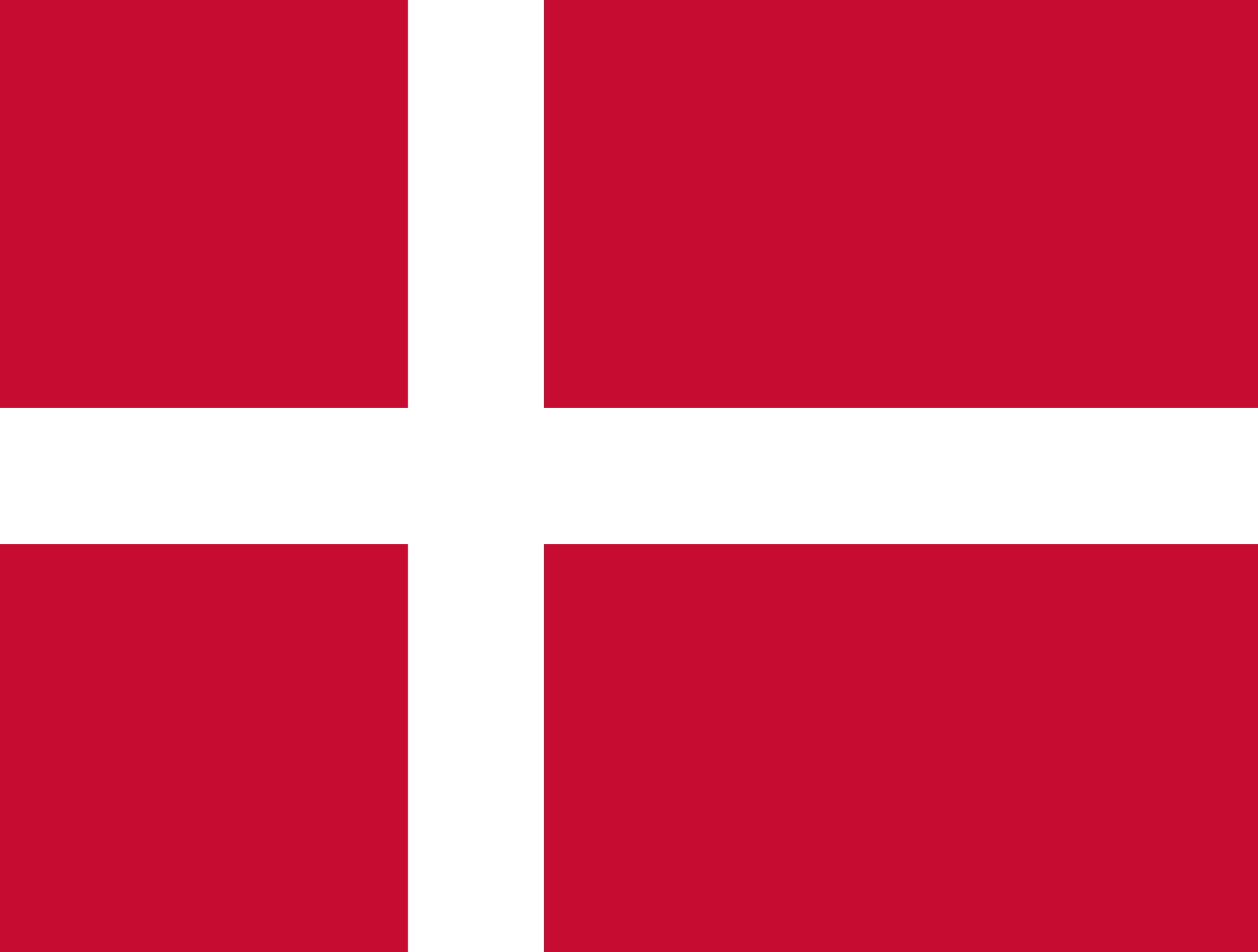DACAAR’s Path to Food Security and Sustainable Development To Reduce the Economic losses due poppy cultivation
In 2023 opium poppy cultivation and opium production dramatically declined after the ban prohibiting “poppy cultivation and all types of Narcotics.” Poppy cultivation has dramatically declined across all parts of the country and almost entirely in some provinces where poppy was illicitly cultivated for many years. For decades, poppy has provided an important source of income for rural populations. Consequently, impacting a sharp reduction in production puts many rural households at greater economic risk. (Afghanistan Opium Survey 2023)
A focused remote sensing analysis for Farah, Helmand, Kandahar, and Nangarhar, which together represented 74% of poppy cultivation in 2022, indicated that approximately 68% of the 2022 poppy fields had been replanted with wheat including other cereal crops. In 2023, there was an overall increase of 160,000 ha in cereal cultivation across the four provinces, a large part due to replacing poppy with wheat. (Afghanistan Opium Survey 2023)

Brikhna’s husband was a poppy cultivator, after the ban he quit poppy cultivation which severely impacted his income and he didn’t have other stable sources of income also he has been dealing with kidney stones as well as mental issues.
From the cultivation of poppies, Brikhna’s family had more profits and were able to cover their family's basic needs. Although not knowing the negative impact of poppy cultivation.
Brikhna was suffering from anxiety and depression due to her family's poor economic situation and health problems. Therefore, she felt obligated to beg and sought the assistance of her relatives and friends to meet her children's basic needs.
She said, “Due to our bad financial condition, I and my husband were facing mental issues. Since we left off the cultivation of poppies, after that, my husband still works alternatively to provide food to us but he cannot do it perfectly; because there is no regular source of income.”
With generous financial support from UNODC https://www.unodc.org/, DACAAR launched the (Alternative Livelihoods and Food Security Assistance) project in Mazina village, Rodat District, Nangarhar province of Afghanistan on June 1st, 2023 for Communities Susceptible to Narcotics Production and Trade. The Project is scheduled to end on March 31st, 2024.
Through the mentioned project in addition to poultry rearing training, and giving awareness of poppies’ negative impact, DACAAR has provided 30 layer chickens with 562 kg of feed, four drinkers, four feeders, a pair of plastic shoes, limestone, a net for the poultry cage, and the necessary amount of medicine for layer poultry birds to each twenty (20) families in the whole village.
“We will never cultivate the poppy in the future, because now, we are aware of the negative impact of the poppies’ cultivation; and our financial needs are getting solved with the revenue of the given chickens. and I am saving them for my children’s education.” Brikhna Said.
Brikhna earns 6000 AFN per month from selling the eggs of her poultry. Now, she fulfills her daily needs with the mentioned amount of money. Now, she feels relaxed and her mental condition is getting better day to day. She is very happy that her children who were previously excluded from the school due to their extreme poverty are now enrolled.
Brikhna was very pleased with the project's implementation, which helped them overcome their financial troubles and improve their health conditions.
To grow her home-based business and establish herself as an inspiration to her family, friends, and communities, she requested additional assistance from DACAAR.

Written by: Israrullah Sahil
 Danish
Danish